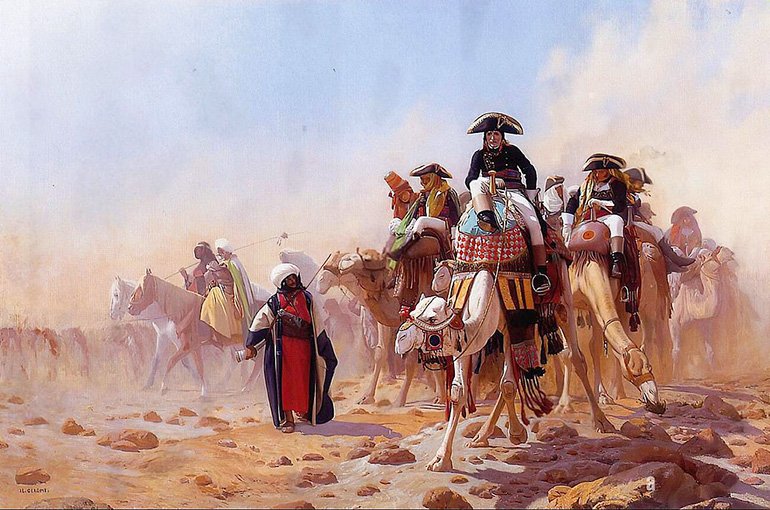“The situation was more complex and the conflict at a deeper root”
Ozan Ozavci in Talking History

In his book Dangerous Gifts: Imperialism, Security, and Civil Wars in the Levant, 1798-1864, Assistant Professor Ozan Ozavci writes about the history of foreign interventions in the Ottoman Empire. He appeared on Talking History by the American radio station KSMU to talk more about his findings and another project of his: the Lausanne Project.
Genealogy
In the nineteenth century many European countries viewed the Ottoman Empire as a sick man, ridden with civil wars and violence. Diplomatic and military interventions by these European powers took place, which they viewed as a necessity to maintain stability in the region. “I decided to write a genealogy of foreign interventionism in the affairs of the Ottoman Empire”, Ozavci says.
Approaches
Reviews that his book is a ‘post-revisionist approach on European interventions in the Ottoman Empire’ hit the nail on the head, according to Ozavci. There is a classical interpretation where the Middle East is considered a nest of conflict and a revisionist approach where the intervening European powers are blamed for the troubles that occurred, he explains, but according to him there is also another approach worth considering.
“What we need to uphold and endorse more is the fact that the situation was more complex and conflict was at a deeper root, usually originating from local dynamics”, Ozavci explains. “The intervention of the great powers made it just very complex.” He dissects the situation in detail in Talking History.
Lausanne Project
Besides about his book, Ozavci has also tells about the Lausanne Project. This project is about the Treaty of Lausanne, which celebrates its centenary this year. It was one of the treaties that ended the First World War in the Middle East and played an important part in establishing the present day territory of Turkey. “We argue that World War One ended not in 1918, as the mainstream literature would have it, but in 1923, with the Treaty of Lausanne”, he says.
The treaty has lots of Turkish attention but little international interest, Ozavci explains, which is reflected in the available literature. “The aim of the project was basically to write a new history of a treaty, which was quite important for both Middle Eastern and world history”, he says.
Recently Ozavci’s latest book, They All Made Peace – What is Peace? The 1923 Lausanne Treaty and the New Imperial Order, was published, but the Lausanne Project continues on with podcasts, conferences, exhibitions, and even a graphic novel is in the works.

